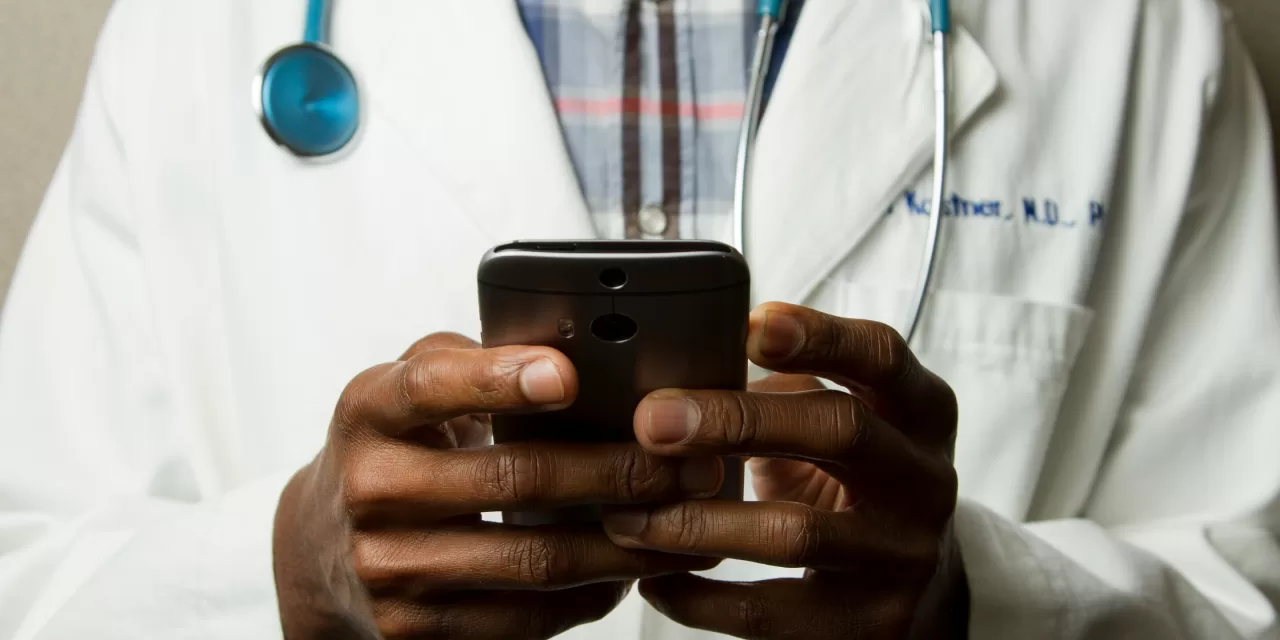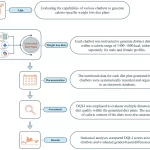San Antonio, TX — A smartphone app is offering new hope for individuals battling opioid use disorder by significantly reducing their opioid use and improving treatment retention, according to groundbreaking research from the University of Texas Health Science Center at San Antonio (UT Health San Antonio).
The study, published in JAMA Network Open, found that patients who incorporated the app into their treatment regimen experienced a 35% reduction in opioid use days compared to those who relied solely on medication. The app, named ‘WEconnect Health CM,’ combines contingency management behavioral therapy with peer-supported recovery, providing a holistic approach to managing addiction.
Key Findings:
- Patients using the app alongside medication for opioid use disorder (MOUD) reported an average of 8.4 days of opioid use by the end of treatment, compared to 12 days for those receiving medication alone.
- App users stayed in treatment nearly 19% longer, with an average retention of 290.2 days compared to 236.1 days for non-users.
“These findings suggest that augmenting medication for opioid use disorder with app-based contingency management may provide clinical benefits for underserved patients,” said Elise Marino, Director of Research Operations at UT Health San Antonio’s Be Well Institute on Substance Use and Related Disorders.
Supporting Underserved Communities
The study focused on 600 individuals aged 18 and older who were uninsured or underinsured—groups often facing barriers to consistent care. The app’s contingency management features reward patients for maintaining treatment goals, such as attending therapy sessions or staying substance-free, fostering positive behavioral changes.
“This technology represents an accessible and scalable solution that can be tailored to meet the needs of underserved populations,” Marino added.
Implications for Broader Use
The findings underscore the potential of digital tools in combating the opioid crisis. Researchers noted that expanding access to app-based contingency management could help reduce the societal and economic toll of opioid use disorder, while also alleviating personal struggles faced by individuals and families.
“This approach highlights the importance of patient empowerment and choice in treatment,” the researchers stated. “The integration of technology and evidence-based therapies offers a promising path forward in addressing this ongoing public health challenge.”
As the opioid epidemic continues to affect millions, innovative solutions like the ‘WEconnect Health CM’ app could play a pivotal role in supporting recovery and improving outcomes for those in need.











